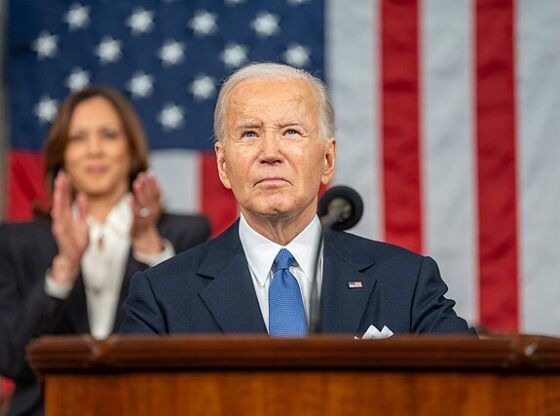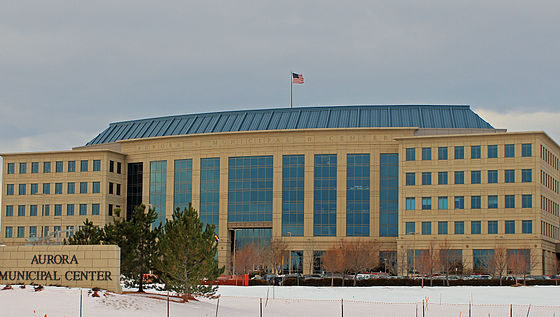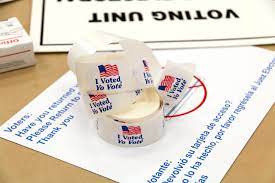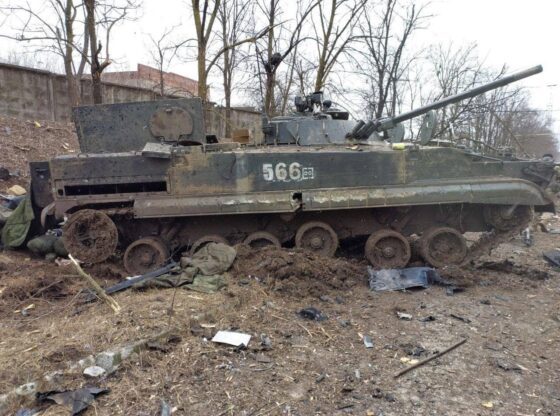On Wednesday, the Joseph Korbel School of International Studies hosted an event on “America’s Changing Role in the Middle East.” Dr. Micheline Ishay moderated the discussion with Former General George W. Casey Jr., Former Ambassador Garry Grappo, and Dr. David Goldfischer.
Each panelist brought a different perspective to the event. Ambassador Grappo has a 27-year career in the foreign service and served as the U.S. Ambassador to the sultanate of Oman for three years. General Casey served in the US military for 41 years, serving as the Army’s Chief of Staff for four of them. Dr. Goldfischer has held positions and fellowships at the nation’s leading think tanks and teaches and researches about nuclear danger, globalization, security, human rights, U.S. Middle East policy, and threats to liberal democracy.
General Casey was asked many questions pertaining to military operations. At one point, Dr. Ishay asked him about Iranian proxy attacks. The general talked about how he sees the Middle East as being defined by persistent conflict, protracted confrontation, and violence between nonstate and state actors. He said the proxy groups Iran funds, like Hamas in Gaza, Hezbollah in Lebanon, and the Houthis movement in Yemen, are part of a larger strategy to disrupt, destabilize, and push the U.S. out of the region.
The general was also asked about his opinion on whether or not the Israeli military campaign in Gaza is viable and if the costs are acceptable. General Casey said, “I’m glad I’m not an Israeli general today.”
He said the task before the Israeli army is monumental, and its generals are seen as having let their country down by allowing Israeli citizens to be captured or killed on October 7th. He said their chosen task to eradicate Hamas is extremely difficult and costly as they are fighting in a densely populated urban area. He talked about how Hamas is as much an idea as it is a physical force, and although Israel may be able to reduce its ability to govern Gaza and launch attacks, eradicating the movement might be impossible.
Dr. Goldfisher was asked about the Iranian nuclear deal. He said he was disappointed to hear Trump had withdrawn from the Obama-era agreement with Iran, which prevented it from enriching enough Uranium to create a bomb. He disagreed with Trump’s reasoning that the deal was bad for the United States.
He referenced the January 2020 assassination of Qasem Soleimani as pushing Iran to increase its uranium enrichment to the 60% benchmark, closer to the 90% benchmark needed to make a bomb. He talked about how now, with the war in Gaza, it’s “unthinkable to continue these negotiations” and that he suspects Iran is somewhere between three weeks and three days from producing a crude bomb and one to two years from a nuclear warhead.
Ambassador Grappo was asked about the long-term diplomatic strategy to strengthen prospects for Middle East regional security. The Ambassador talked about the US’s current role as a facilitator for peace in the Gaza war, working with past partners like Egypt and Qatar.
Grappo also discussed the power balance in the region. He said that before the October 7 attacks, the Middle East resembled a “multipolar” power order, with US influence being questioned more and more. Now, he said, the region has become “nonpolar” with no dominant power. He said that Russia and China are nowhere to be seen, Iran continues to play a troublesome role to frustrate and disrupt, and the Gulf countries are wealthy but mistrustful of each other and disorganized.
Near the end of the event, the audience wrote down several questions to ask the panelists. Responding to a question about Iranian uprisings, Ambassador Grappo said that the US should look to ease tensions with Iran, establishing “firm red lines with the Iranians about actions they would take that would provoke a strong US response.” The Ambassador’s reason was that the US has 45 years of failed policy in Iran and most likely will not be able to effect change.
The last question of the event was about rumors that the military may soon face a recruiting crisis. Both Casey and Grappo responded, each with strong words in support of public service. The general commented about the broken veteran narrative, which paints veterans as homeless or amputees. He talked about a survey that found over half of people believe that if they serve in the military, they will get post-traumatic stress. He said that, in reality, “post-traumatic growth” is more popular, citing another survey that found two-thirds of post-9/11 vets had a growth experience. Grappo, who also served in the military, commented that his fellow veterans said they were better for serving their country. He said, “The country falls short by not promoting public service,” to which the room began applauding.











